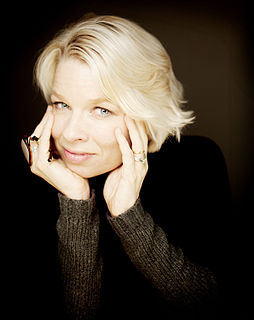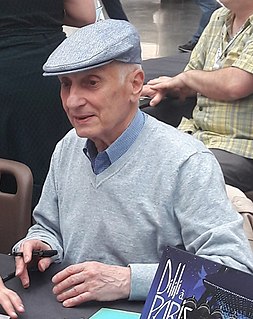A Quote by Alice Hoffman
I also like the whole idea of fairy tales and folk tales being a woman's domain, considered a lesser domain at the time they were told.
Quote Topics
Related Quotes
[Fairy tales] are like a journey to the woods and the many ways you can get lost. Some people say it's not a good idea to read fairy tales to anyone under the age of eight because they are brutal and raw. When I was a kid I often felt that kids's books were speaking down to me, but I never felt that way about fairy tales. They are bloody and scary, but so is life.
Though now we think of fairy tales as stories intended for very young children, this is a relatively modern idea. In the oral tradition, magical stories were enjoyed by listeners young and old alike, while literary fairy tales (including most of the tales that are best known today) were published primarily for adult readers until the 19th century.
Boys like romantic [fairy] tales; but babies like realistic tales - because they find them romantic...This proves that even nursery tales only echo an almost prenatal leap of interest and amazement. These tales say that apples were golden only to refresh the forgotten moment when we found that they were green. They make rivers run with wine only to make us remember, for one wild moment, that they run with water.



































